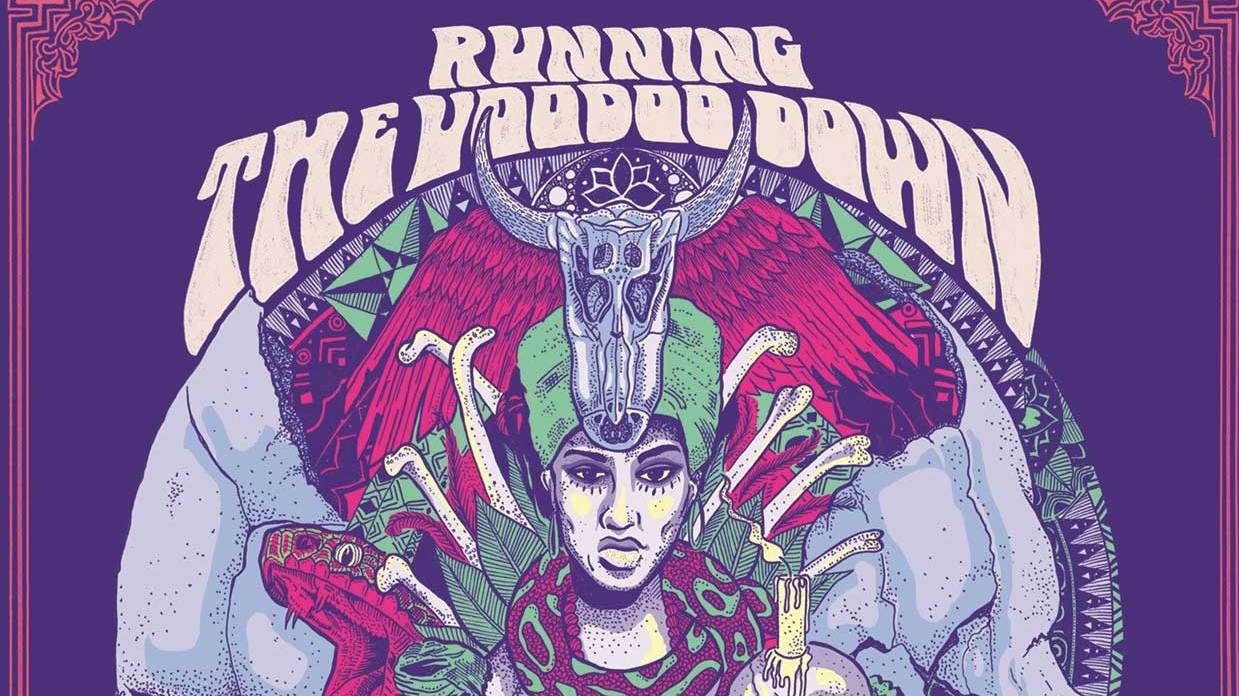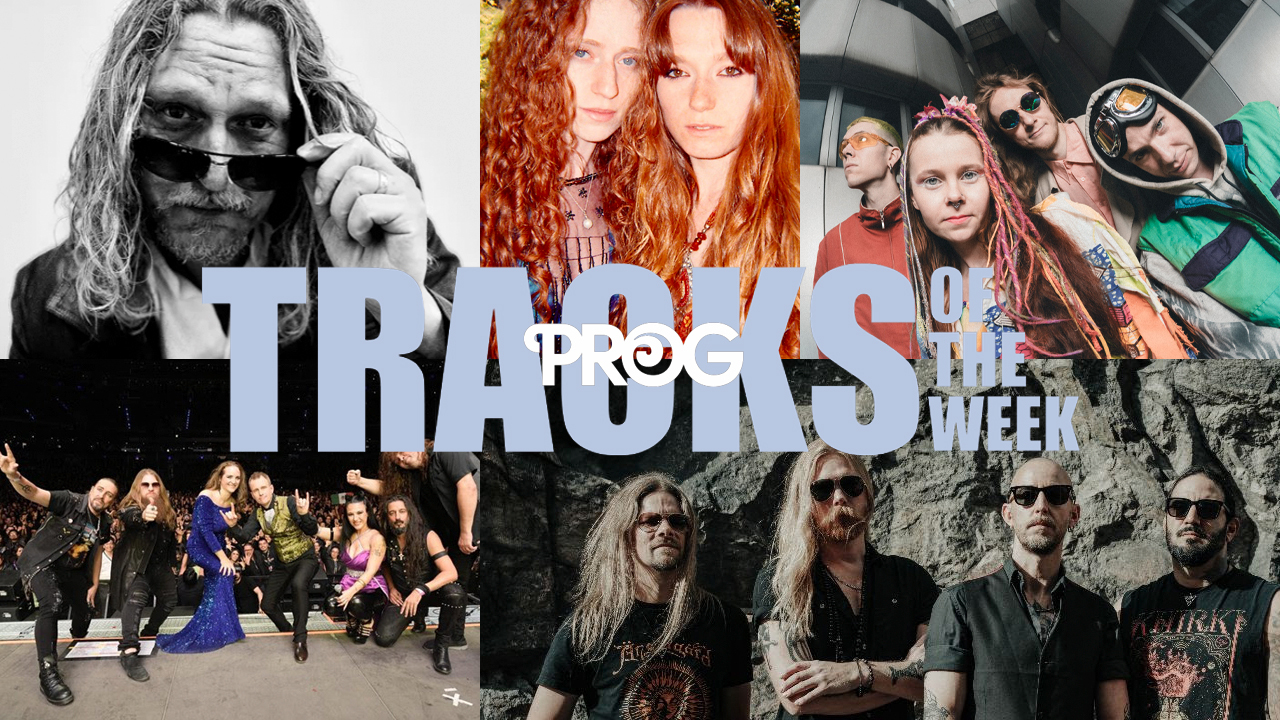You can trust Louder
So significant was Jimi Hendrix’s far-reaching influence upon nascent hard rock that the seismic effect his visceral reinvention of the blues form had upon the evolution of jazz, soul’s passage to manhood and the infancy of funk is frequently overlooked.
Hendrix’s technicolor personification of freak flag-flying freedom and artistic emancipation was a bold enough statement in and of itself to seduce the UK’s wide-eyed, and predominantly white, pop community. In black America, arriving concurrent with civil rights, civil unrest and the spectre of the Vietnam draft, the Experience’s squalls of feedback, searing sonic insurrection and underlying progressive subtext of ‘anything’s possible’ encouraged cross-generic experimentation, politicised lyrics and expanded minds.
Which brings us to the third crucial catalyst for the African-American musical landscape’s post-Jimi metamorphosis (astutely curated across this excellent double set subtitled Explorations In Psychrockfunksouljazz 1967-80): acid. Midway through The Chambers Brothers’ 11-minute Time Has Come Today, Lester Chambers captures the mood perfectly when he sings: ‘My soul has been psychedelicised.’ And how.
The radicalised Isley Brothers of Ohio/Machine Gun are a completely different beast to the carefree processed ravers of their Shout incarnation. Willie Nelson, from Miles Davis’ Jack Johnson sessions, finds modern jazz’s leading innovator, long in thrall of Hendrix’s legacy, placing John McLaughlin at centre stage. Jimi then enters the fray, with The Last Poets’ Lightnin’ Rod, on the rap-presaging Doriella Du Fontaine with Billy Miles.
Elsewhere are fearlessly innovative selections from Funkadelic (Eddie Hazel’s sublime Maggot Brain guitar showcase), Keith Jarrett, Sly Stone, James Brown, Santana (a live assault on Miles’ In A Silent Way) and even a little self-conscious post-Dead Boys punk from Pure Hell. Every track’s a keeper, and as a whole, Running The Voodoo Down offers an entrancing alternative angle on progressive music’s golden era.
Sign up below to get the latest from Prog, plus exclusive special offers, direct to your inbox!

Classic Rock’s Reviews Editor for the last 20 years, Ian stapled his first fanzine in 1977. Since misspending his youth by way of ‘research’ his work has also appeared in such publications as Metal Hammer, Prog, NME, Uncut, Kerrang!, VOX, The Face, The Guardian, Total Guitar, Guitarist, Electronic Sound, Record Collector and across the internet. Permanently buried under mountains of recorded media, ears ringing from a lifetime of gigs, he enjoys nothing more than recreationally throttling a guitar and following a baptism of punk fire has played in bands for 45 years, releasing recordings via Esoteric Antenna and Cleopatra Records.

